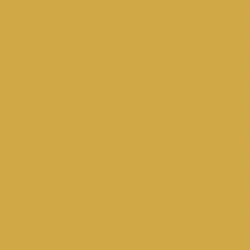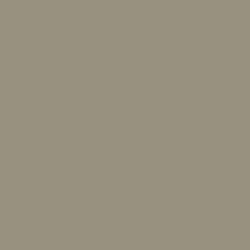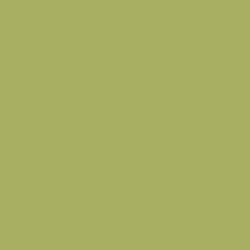Both primer and undercoat, an environmentally friendly alternative to oil based impressions. For wooden surfaces, primed metal, suitable as preparation for the implementation of all Little Greene paints.
Both primer and undercoat, an environmentally friendly alternative to oil based impressions. For wooden surfaces, primed metal, suitable as preparation for the implementation of all Little Greene paints.
Intelligent Primer Undercoat There are 207 products.
Lead Colour (117)
Another "common" Georgian colour which once graced the London residence of composer George Frederick Handel
Yellow Pink (46)
'Pink' was once used in connection with a yellow obtained from the Woad plant. A rich earthy colour which was also used to dye wallpaper
Blue Verditer (104)
An especially English blue which was frequently used in distemper and on wallpapertraces have been uncovered in the revered Kenwood House,London
Mid Lead Colour (114)
The darker lead colour provides a more powerful finish and was favoured on woodwork and doors
Phtalo Green (199)
Taking its name from the dye pigment, this electric green was extolled in the March 1971 edition of Ideal Home by the interior designer David Mlinaric, who championed strong multi-coloured schemes and suggested the use of this green with ochre shades.
Boxington (84)
A reduced lime with added red-oxide of iron provides a relaxing and elegant backdrop in dining rooms and studios
Marigold (209)
Another of the new spice colours introduced to this country in the 1970s, this bright paint colour was hugely popular in the hallmark orange and brown colour schemes.
Leather (191)
The brightest of pinks, this signature 1970s colour was used in conjunction with Marigold and Purpleheart in the most arresting colour schemes of the time.
Tivoli (206)
A variation on Tropez Blue and, being cleaner, was a successful foil to darker true blues.
Trumpet (196)
An accent colour, derived from the development of strong coloured plastics. Popular when used sparingly in more neutral environments and sometimes used as a joinery colour for flush door faces and architraves, particularly towards the end of the decade and into the early 1980s.












